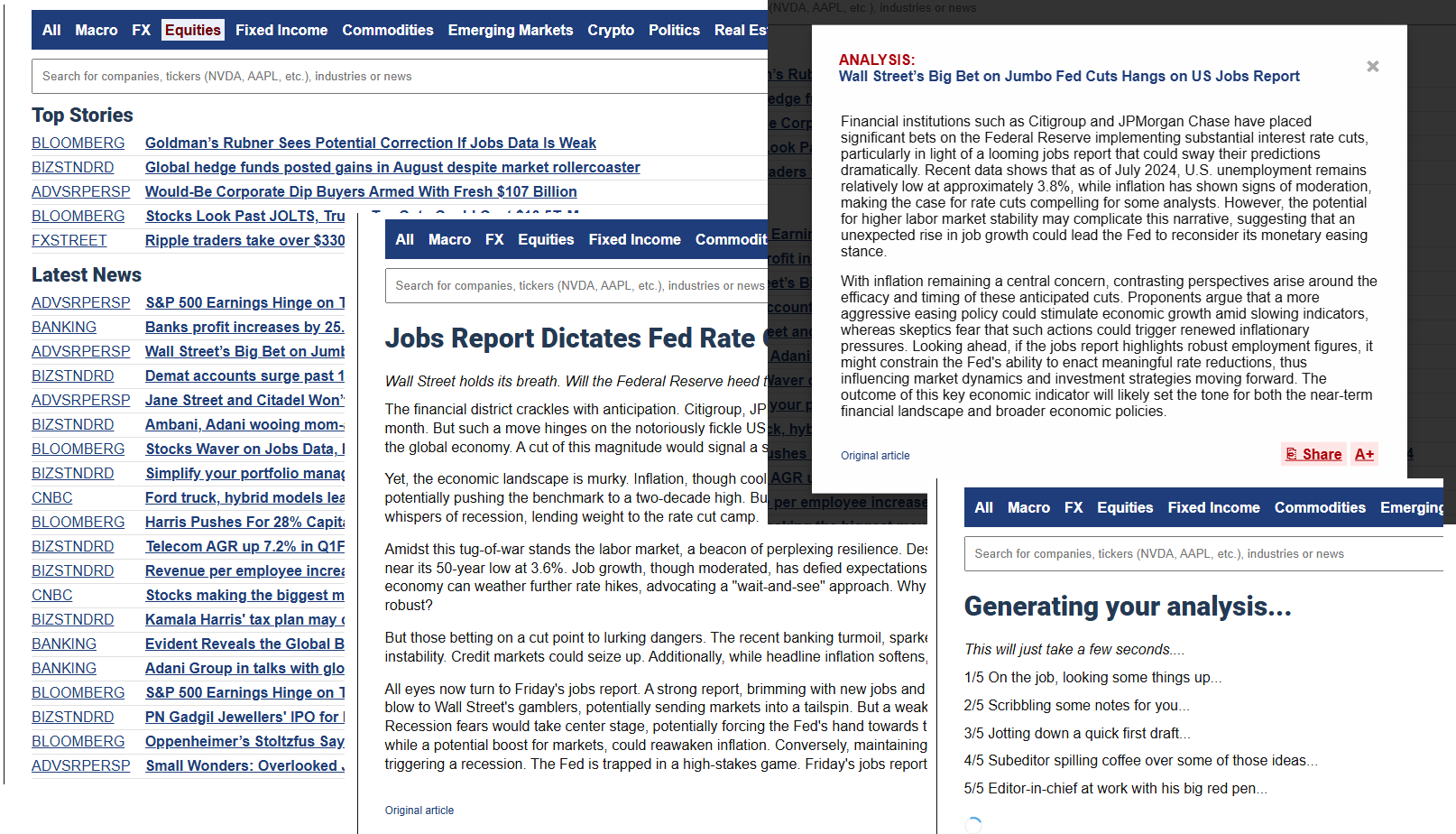Hyundai Struggles Amidst Global Vehicle Market Shifts
In the latest quarter, Hyundai Motor Co., the world's third-largest automaker in tandem with Kia Corp., announced a 7% dip in operating profit, clocking in at 3.6 trillion won or around $2.6 billion. This outcome fell short of analysts' expectations, underpinning a period of weak global vehicle sales and heightened geopolitical tensions, presenting significant challenges for Hyundai’s strategic planning and market navigation.
Tesla Inc., on the other hand, reported a starkly contrasting situation, achieving its highest quarterly profit in over a year while forecasting an impressive growth trajectory into 2025. The electric vehicle leader's market value surged by $80 billion, underscoring Tesla's strong foothold in an automotive industry undergoing transformative shifts. This success starkly contrasts Hyundai's ongoing struggle in balancing its traditional combustion engine sector with the impending demand for electric vehicles.
Hyundai's current challenges paint a broader picture of the auto industry's crossroads, caught between the pressures of electrification and overarching economic uncertainties. Automakers are compelled to walk a tightrope, maintaining current production efficiencies while ramping up investments in the electric vehicle sector—a critical measure to stay competitive in an increasingly green-concerned market.
Geopolitical dynamics further entangle Hyundai’s prospectus. With trade tensions escalating, especially between powerhouses like the U.S. and China, Hyundai faces potential supply chain disruptions and volatile market changes that could significantly impact its operations. Comprehensive strategic realignment is thus necessary to buffer against adverse impacts and maximize gains across varied global markets.
Despite these headwinds, Hyundai remains committed to elevating its electric vehicle lineup, aspiring to secure a place among the top three electric vehicle producers by 2030. This strategic commitment highlights Hyundai’s dedication to tapping into the burgeoning shift towards sustainable technology, potentially driving its long-term expansion in alignment with broader industry trends favoring green solutions.
Experts suggest that Hyundai must deftly juggle technological advancements and agile market adaptation to overcome its current financial slump. Fostering strategic alliances, boosting R&D expenditure, and focusing on energy-efficient vehicle production are deemed crucial aspects of Hyundai's future roadmap.
The rapidly evolving global automotive market is witnessing diverse financial performances, such as Barclays' notable 23% profit surge this past quarter, spurred by strong trading revenue and intense market volatility. This phenomenon reflects the greater economic climate where agile adaptation is increasingly necessary for success across sectors, as showcased by Hyundai's situation.
The mixed financial outcomes across various industries illuminate an economic landscape rife with uncertainties yet brimming with opportunities. Electric vehicle markets are thriving, whereas traditional sectors must innovate continually to keep up with evolving technological paradigms like those currently challenging Hyundai.
To secure its future market position, Hyundai must leverage its global stature, strive for higher operational efficiency, and bolster technological advancements. The rising demand for sustainable vehicles presents clear growth opportunities, with the timing and effective execution of strategic initiatives being crucial determinants of Hyundai's upcoming market positioning.
As the automotive sector braces for further technological and economic upheavals, Hyundai and similar companies face the intricate task of balancing short-term financial performance with long-haul strategic reinvention. Navigating these transformative times will be crucial for Hyundai's continued relevance and success within the ever-evolving global vehicle marketplace.
AI-Powered trading insights: join our email list
Real-Time Market Analysis
Get instant insights on market trends, news impact, and trading opportunities.

